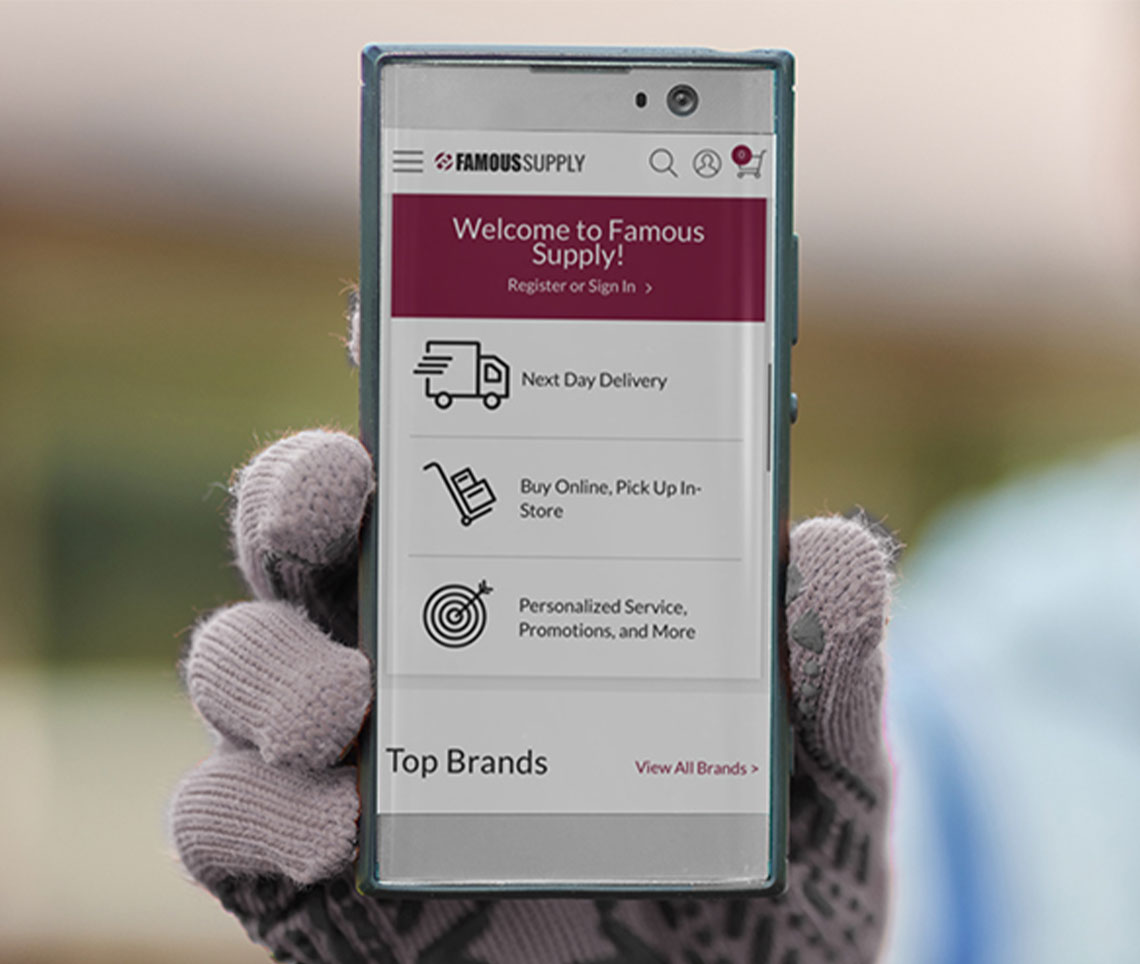
11. Speak Straight.
Express yourself honestly in a way that moves the action forward. Be clear and direct, but thoughtful. Bring the water cooler to the meeting and have the courage to ask questions, share ideas, or raise issues that may cause conflict when it’s necessary for team success. Address issues directly with those who are involved or affected.
Marc's Message:
Why is it that speaking straight is often so difficult? I believe there are many reasons, but one I sense more often than others is the following: People worry how they will be perceived if what they say is not what the other person wants to hear.
We can all make big strides in this area if we focus on several things. First, it’s all in the delivery. In other words, it’s not as much about what we say, as how we say it. So we must be thoughtful when we speak. Remember, once the words leave your mouth, you can never take them back. The time to edit what you say and how you say it is beforehand.
When you are going to embark on an important conversation, make the time to think through how you want to express yourself. It’s important that you have the courage to be honest and direct speak straight. But do it in a way where the other party feels respected. I believe we all, as hidden leaders, actually have an obligation to speak straight. Doing so shows people we care about them, because we are being honest with them. We can’t make the grave mistake by not speaking straight and then getting caught up in gossip and talking to others about another person. In society this happens a lot, but it shouldn’t. We can all do our part to reduce and / or eliminate this poor habit by making a commitment to being honest directly with the people that we should.
Just a few days after we rolled out our new fundamentals, I had an incredible experience in learning more about the impact of speaking straight. I was talking with an individual, and I asked him a question. As he tried to give me his honest answer, he stumbled a bit, looked away, and had several “um”’s. His body language showed me that he was uncomfortable with the subject. He had just gone through our culture meetings, and I looked at him and said, “Please just speak straight with me.” Well, that broke the ice, because he looked me in the eye and gave me his honest opinion, which is what I wanted. I agreed with his thoughts, and immediately told him so. I then put into practice exactly what he said to do. He really helped me and our company. I was very appreciative that he spoke straight.
We must also never forget that speaking straight must “move the action forward”. Unloading our thoughts / feelings to make a point is simply negative energy. If something isn’t right, we need to ask questions, discuss facts, and work to make a change.
So even though it can be tough, we need to all practice speaking straight, the right way, done respectfully, and with kindness. This is especially important if it’s a sensitive matter, as it allows people to live and work with dignity. When you do this properly, you help that person, the company, and yourself, because you become an even better person and are a coach, mentor and friend or role model for others as well.















